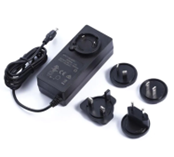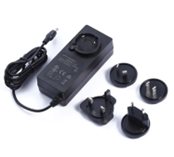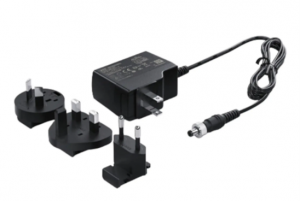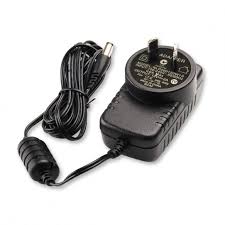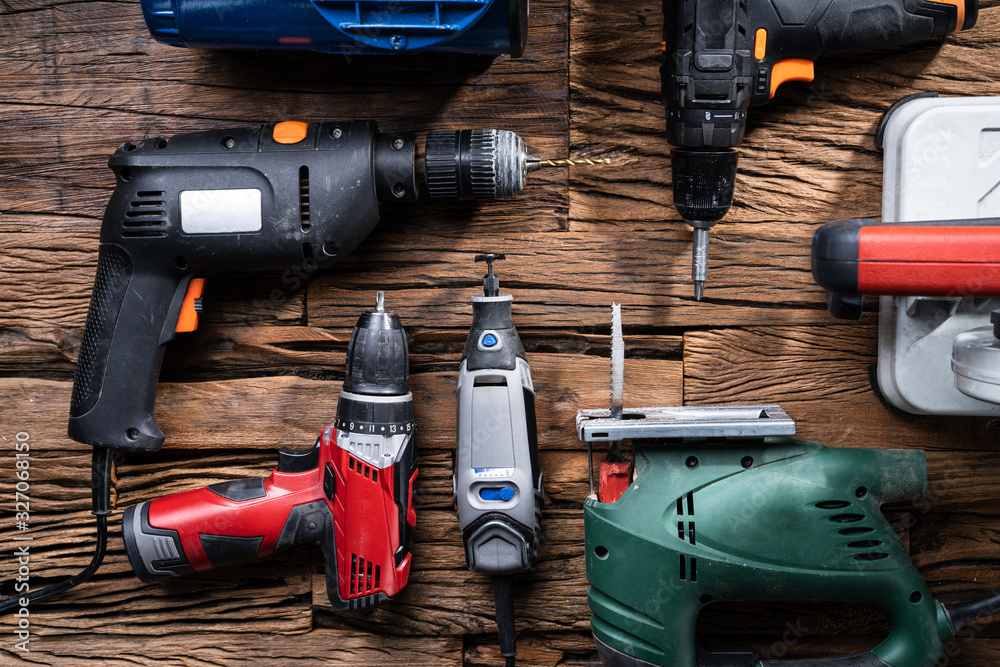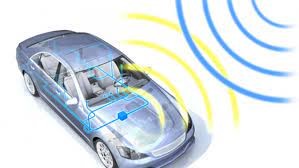Does your vehicle’s systems have wireless sensors or include Wi-Fi and/or Bluetooth functions?
Did you know that many vehicle telematics and communications systems use a Public Mobile Telecommunications Service (PMTS) to communicate?
These devices and systems may need to comply with mandatory standards before they can be supplied to the Australian market.
What are the requirements?
The Australian Communications and Media Authority (ACMA) is the Australian Government regulator for telecommunications and radiocommunications. The ACMA has a range of equipment regulations that may apply.
The ACMA’s labelling notices place obligations on the importer (in Australia) of the equipment into Australia, or the manufacturer (in Australia) of the equipment that must be met before the equipment is able to be supplied in Australia.
The obligations in the labelling notices include the requirement to ensure the equipment complies with applicable standards, keeping records that demonstrate compliance, to register on the national database as a supplier and to label the equipment to show it complies.
There are four labelling notices by the ACMA which specify obligations for suppliers of equipment. It is possible that all four labelling notices could apply to the supplier of the same piece of equipment.
The ACMA labelling notices will specify which standards your equipment must comply with.
What applies to vehicle telematics and communications systems?
The requirements are different depending on regulatory arrangement and labelling notice.
Telecommunications
If the vehicle’s system connects to a PMTS directly (rather than through a separate mobile phone) the supplier will need to ensure the system complies with the relevant standards mandated in the Telecommunications (Labelling Notice for Customer Equipment and Customer Cabling) Instrument 2015.
These standards depend on whether the vehicle’s system is data only or supports voice communications.
Radio standards
The supplier of equipment that uses radiocommunications transmitters will need to ensure the transmitters comply with the standards specified in the Radiocommunications (Compliance Labelling – Devices) Notice 2014 to ensure the transmitters will operate on the correct frequencies and with the correct power levels.
The radiocommunications transmitters include Bluetooth, wi-fi, transmitters to connect to a PMTS and any other type of radio transmitter used for communicating information, even if that communication is just between devices.
Electromagnetic Energy (EME)
The supplier of equipment that uses radiocommunications transmitters will also need to ensure the transmitters comply with the standards specified in the Radiocommunications (Compliance Labelling – Electromagnetic Radiation) Notice 2014 and the Radiocommunications (Electromagnetic Radiation – Human Exposure) Standard 2014 to ensure the power levels from the transmitters are safe for people.
Electromagnetic compatibility (EMC)
The ACMA has requirements to limit the possibility of interference to radio services from electrical and electronic systems and internal combustion engines. The supplier obligations and equipment requirements are specified in the Radiocommunications Labelling (Electromagnetic Compatibility) Notice 2017 and the standards mandated in the Radiocommunications (Electromagnetic Compatibility) Standard 2017.
Australian suppliers of vehicles or machines may be exempt from these EMC related requirements if the Australian supplier is a member of a relevant peak industry body – the Federal Chamber of Automotive Industries (FCAI), Truck Industry Council (TIC), Construction and Mining Equipment Industry Group (CMEIG), or the Tractor and Machinery Association of Australia (TMA) – and the vehicle or machine complies with the industry body’s code of practice for EMC.
Supplier obligations
The Australian supplier of the final vehicle will need to comply with the requirements of all relevant ACMA labelling notices such as registering on the national database as a responsible supplier, keeping compliance records and signing a Declaration of Conformity for the vehicle.
Under some of the labelling notices the Australian supplier may not be required to apply a label if they are a member of one of the specified industry peak bodies. Please note that the device or system will still need to comply with all the relevant standards.
What can I do to get assistance?
Certification Body Australia can assist you with meeting your obligations.
Certification Body Australia (CBA) is an independent provider of product compliance services to manufacturers and distributors of electrical and electronic devices. Our specialist and highly experienced team will ensure your products conform with all applicable Australian regulatory requirements to not only minimize any risk of liability but assist your rapid time to market.
We are also a JAS-ANZ accredited Certification Body under the ACMA’s Telecommunications Equipment Certification Scheme (TECS). CBA performs assessments for compliance with applicable ACMA requirements and issues Statements of Compliance for telecom devices (3G/4G/5G, mobile phones or modules).
If you would like to discuss how CBA can assist you with your regulatory requirements, please contact Colin Payne (cpayne@certificationbody.com.au) or use our general enquiries email: contact@certificationbody.com.au.
For more information, please see our website – www.certificationbody.com.au.

